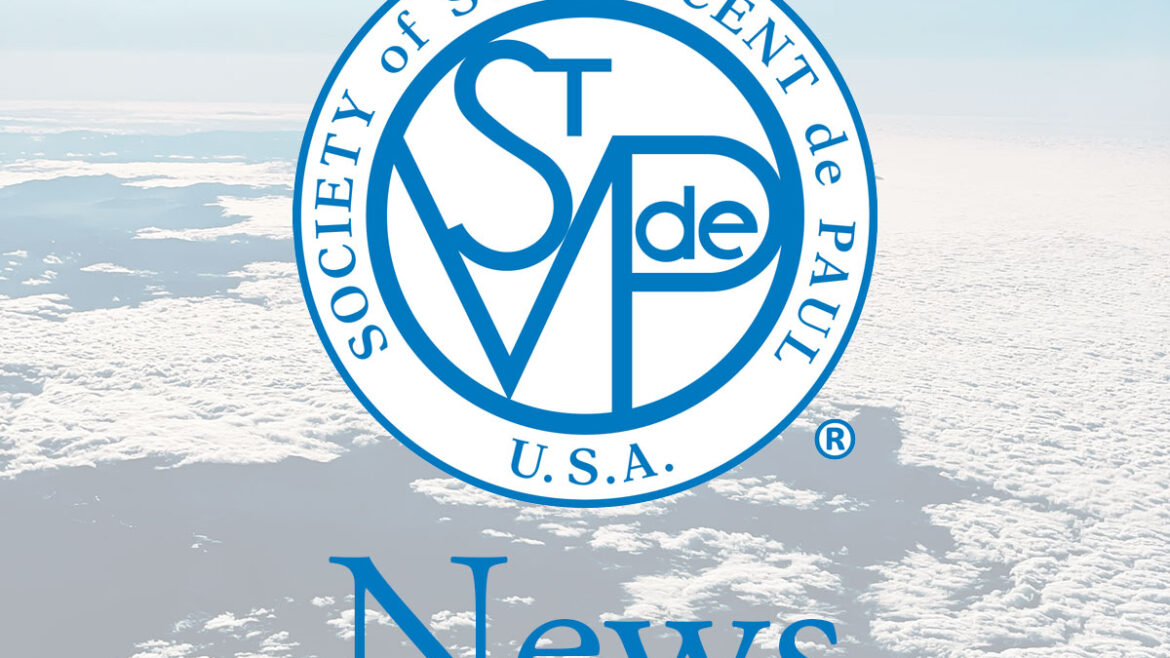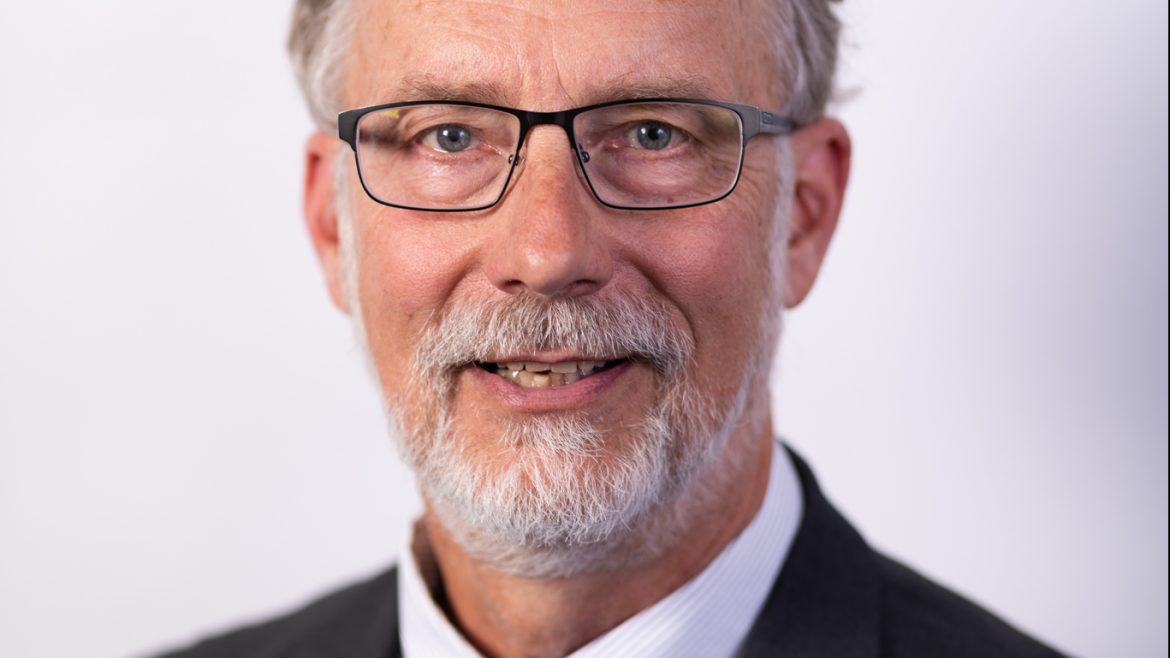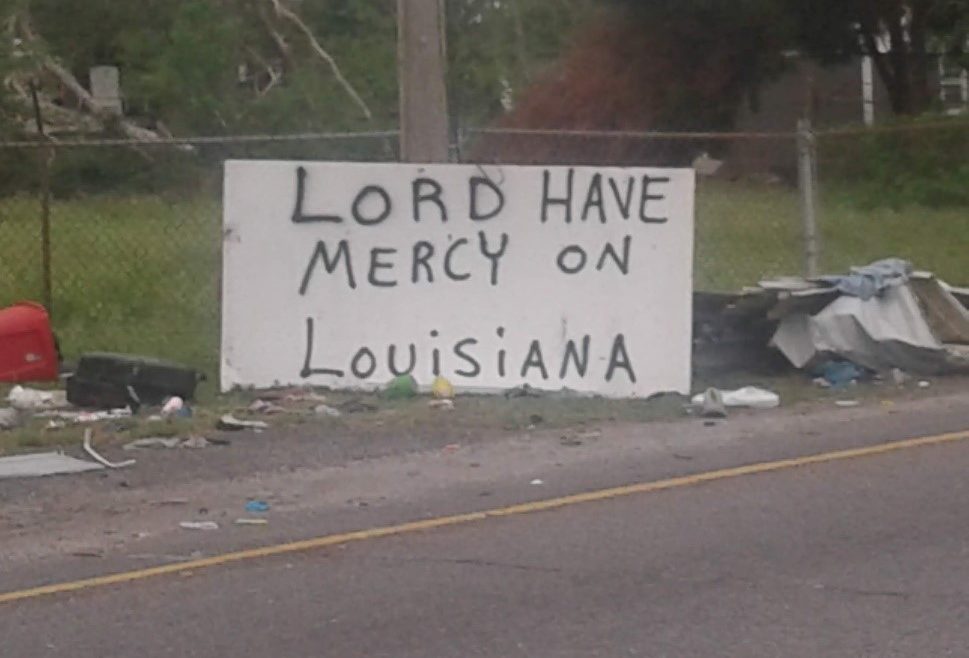Conferences, following the example of St. Vincent de Paul, are expected to keep detailed and accurate records of contributions, donors, and assistance provided to neighbors in need, and to report them periodically to their Councils. There can be a temptation, looking back on the numbers, to puff up our chests about all the good that we’ve done, but these reports are only a testament to accountability; they are not a measure of the success, much less the value, of our works.
Writing about the loss of the earliest records of the first Conference in 1835, Bl. Frédéric mused that while those records might have been a source of pride, “God, who wishes that the left hand not know what the right hand has given, permitted us to lose title to what might serve only to bestow on us ridiculous vanity.” [Letter 90, to Curnier, 1835]
“Charity,” he continued, “must never look behind it, but always before, because the number of its past benefits is always very small, and the present and future misery it solaces is infinite.”
In his Circular Letter of 1837, Secretary-General François Lallier (one of the Society’s founders, and a close friend of Frédéric’s) sounded a similar note, describing those that “throw at random a few handfuls of money that the poor despise as mere crumbs and are of no avail.” [VHJ, Vol 36, Iss 1]
Works of charity are works of love; we measure their value first in our own transformation; our growing closer to Christ. Through this, we also hope to draw others closer to Christ; “to stir up irresistible questions” by our witness, as Pope St. Paul VI said. “Why are they like this? Why do they live in this way? What or who is it that inspires them?” [Evangelii nuntiandi, 21]
Christ Himself recognized that the smallest of material contributions can be the very largest when they are the most that we can give. And as Our Rule teaches, “our tender interest, our very manner, will give to our alms a value which they do not possess in themselves.” [Rule, 1835 Intro]
Our Conference Annual Reports, of course, are vital documents. They represent our commitment to accountability – to each other, to our donors, to tax laws, and most importantly to God Himself, who calls us to this ministry. But the totals at the bottom of the page, whether they are large or small, represent only our circumstance, not the degree of our success.
As Lallier explained, we “offer very little, because we are little and because true charity is always poor like those whom it relieves. But we have the charity of the heart that can multiply our mite a hundredfold, and the poor who feel such things welcome us with honour.” [VHJ, Vol 36, Iss 1]
Contemplate
Do I ever feel ashamed when I can’t “do more?” Am I tempted to boast about how much we’ve “spent?”
Recommended Reading
The Rule – especially Part I





